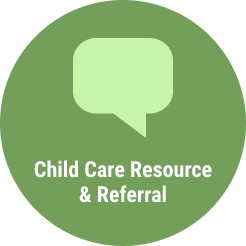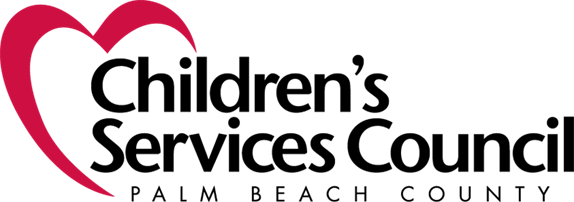The Early Learning Coalition Boynton Beach team will be serving the community remotely on Tuesday, November 5th due to election activities in the building.
Our office hours will resume on Wednesday, November 6th.
Contact Us
Locations
Boynton Beach Administrative Office
Hours: 8:30 am to 5:00 pm (Monday-Thursday)
8: 30 am to 5:00 pm for 561-214-8000 calls only (Friday)
2300 High Ridge Road, Suite 115
Boynton Beach, Florida 33426
Palm Springs Office
Hours: 8:00 am to 5:30 pm (Monday-Thursday),
8:00 am to 12:00 pm for calls only (Friday)
1630 South Congress Avenue, Suite 300
Palm Springs, Florida 33461
Quick Links
Stay Connected
Thank you for signing up!
Please try again later.
If you require Americans with Disabilities Act accommodations to participate in any ELCPBC event or activity, please notify Christie Young, Single Point of Contact, by phone at 561-214-7424 or by email at christie.young@elcpalmbeach.org within at least seven (7) days of the event. Accommodation will be provided at no extra charge.

 Translate
Translate



